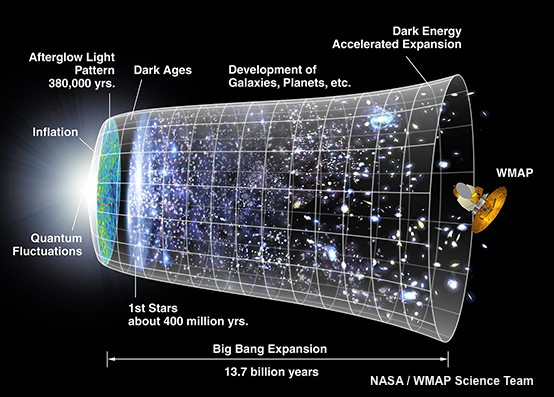into the very center of the globular center of the galaxy
It's still not a fluid in the sense that water is. It's a plasma which gets increasingly dense as you get further in but it doesn't get
that dense. We search for black holes often by looking for the X-ray emissions from the hot cloud of gas swirling down into them. Many fluid mechanics like principles apply to plasma and gases (a gas is a fluid) but it don't get like water or the like.
think hydraulics
you can only suppress a liquid so far until it acts like a solid and/or pushs back , repels
There's no evidence for black holes behaving like that and something tells me you haven't got a formal model of any of this, you're just giving concepts you like the sound of.
The modelling of accretion disks experiencing strong magnetic fields and behaving relativistically is a serious area of research in astrophysics. However, it doesn't support the view you have, that things get compressed into a fluid and becomes incompressible akin to water. Other effects, like heating, relativistic dynamics, tidal forces etc become vastly more important.
Astrophysical plasmas can be very dense (the Sun's many times denser than lead) but those are not black hole situations. Even if an accretion disk compressed to the densities you're talking about (which I don't think it does if memory serves) it isn't stable to collapse like the Sun is, it'll just fall into the event horizon and then its form is irrelevant.
It makes superficial 'sense' if you don't know much or any of the physical properties black holes have, astrophysical observations or the need to provide quantitative models rather than "I like the sound of this concept". If all you have is superficial concepts it isn't science, it's pseudo nonsense.


